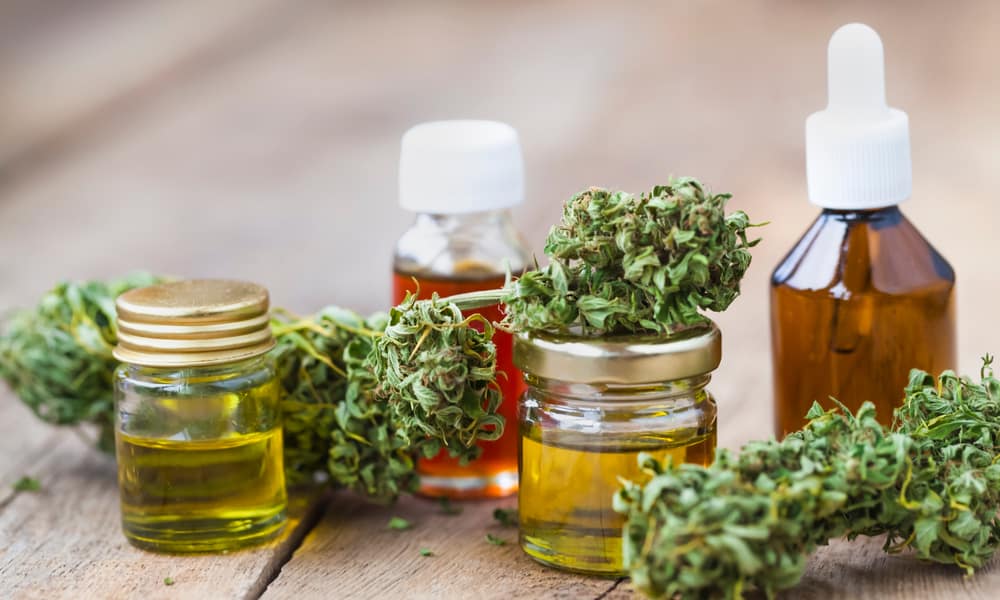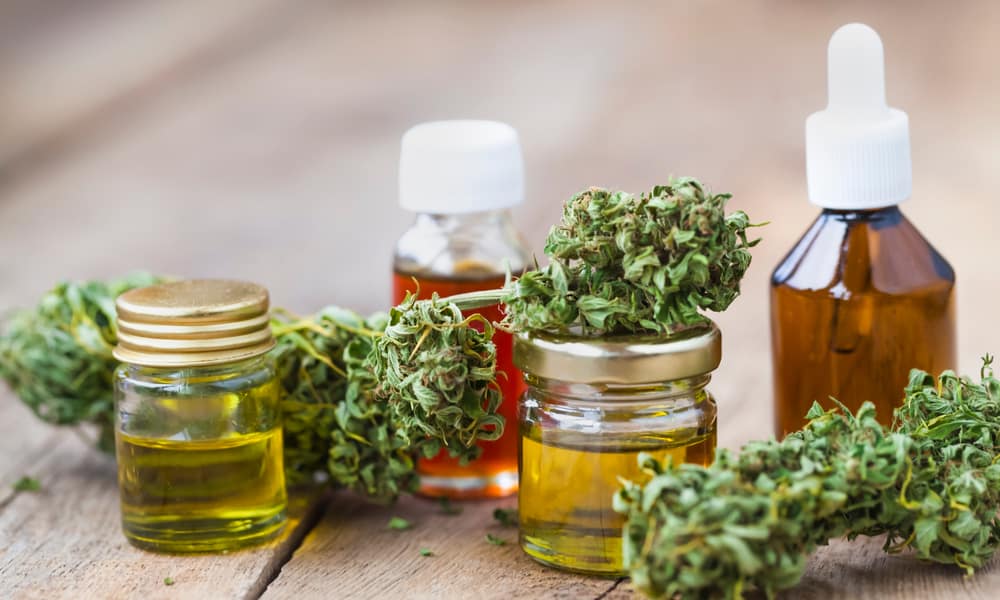
Texas may see the expansion of its medical marijuana program beyond its current restriction to low THC cannabis oil for those with severe forms of epilepsy. A bill is waiting to be scheduled for floor vote in the House that would add qualifying conditions to the program, in addition to forms in which patients are able to access the drug.
Among the conditions that House Bill 1365 would authorize for entry into the program include PTSD, Alzheimer’s, cancer, less severe forms of epilepsy, and tendency to be nauseous with other forms of treatment. It would also authorize the use of cannabis via vaping, creams, and oils — though smoking will still be off the table should it pass. It would also establish more opportunities to conduct research on cannabis.
“Texans with debilitating conditions deserve treatments that improve their quality of life,” commented the bill’s sponsor Rep. Eddie Lucio in a Facebook post announcing the proposed legislation. In a press release announcing the proposed legislation he noted that 33 states in the country allow medical cannabis, and that taxes associated with such programs can have “a vital impact to our economy.”
The legislation is supported by 56 state legislators from both sides of the aisle, despite the concerns that were raised over its language that doctors “prescribe” cannabis. Some think the wording could expose medical professionals to potential issues with the federal government.
Although the Compassionate Care Act that took effect in 2016 does allow people with intractable forms of epilepsy to access cannabidiol oil of with .5 percent THC or below, marijuana is mostly far from legal in Texas. There are only 600 patients enrolled in the statewide program. Cannabis advocates in the state have been eagerly tracking the progress of not just the medical program expansion, but several other bills that would widen access to cannabis and decriminalize its possession.
Representative Tracy King’s bill to legalize hemp and its products is scheduled for a floor debate next week in the House. At the start of the month, the state’s Department of Health announced that it would be removing hemp from its list of controlled substances to clear the way for any future legalization of hemp production.
Various decriminalization bills have also been introduced this year. Rep. Joe Moody’s HB 63 has also been sent to the calendars committee to be scheduled for a floor vote. That bill would remove the threat of jail for people charged with their first cannabis possession fine and reduce the penalty for possession of less than an ounce from a maximum of $2,000 to $250.
Not all jurisdictions, however, are waiting on state legislators to reduce the penalties for small time cannabis charges. Dallas attorney general John Creuzot announced sweeping plans last week to overhaul the way such crimes are dealt with by police officers, including a resolution to longer prosecute people for their first marijuana misdemeanor.











